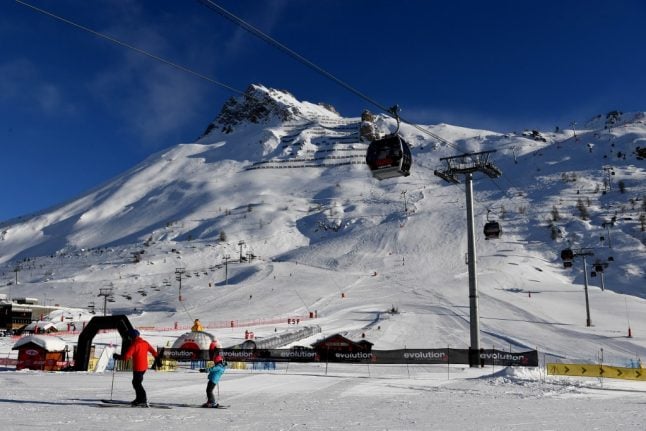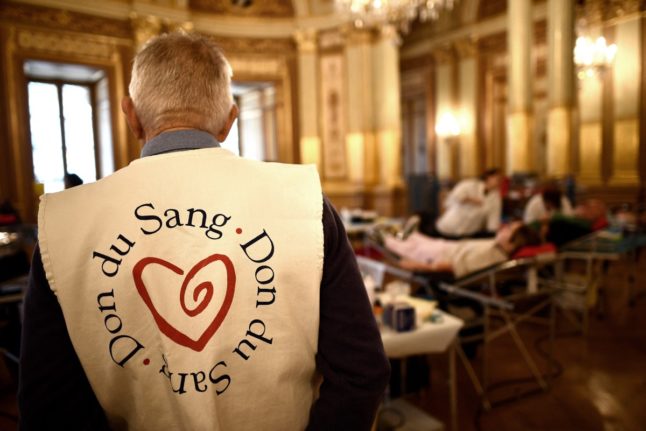READ ALSO: What can we expect from the French government's Covid-19 announcement?
France on Wednesday recorded 25,379 new Covid-19 cases over the past 24 hours, up from 20,489 the preceding day, and far above the weekly average of around 13,000.
Hospital intensive care wards admitted another 234 patients, a number that has been stable the past few days, but the government fears it will rise following a predicted spike in viral transmissions during the Christmas break.
READ ALSO The graphs and numbers that show the latest Covid-19 situation in France
Unlike neighbouring Switzerland, France has kept its ski resorts closed since the end of lockdown in early December.
While the government has allowed travel to the mountains and ski resorts, ski lifts and all other infrastructure had to keep shut, ruling out most winter sports.



 Please whitelist us to continue reading.
Please whitelist us to continue reading.
Member comments